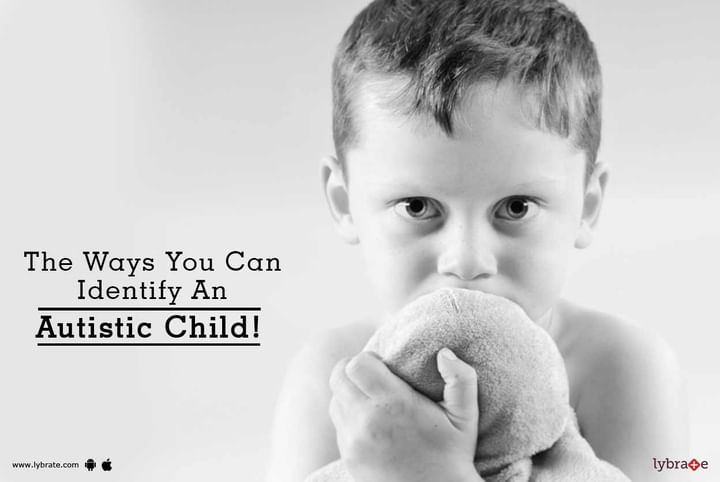The Ways You Can Identify An Autistic Child!
Autism in children is a condition that is characterized by limiting social intelligence, unequal skill development across sectors, and repetitive behavioural patterns. These children may show awkwardness when dealing or speaking with people, as they seem to fail to understand what other people feel. Hence, they are unable to deal out emotional responses in kind. They themselves are very troubled, sometimes, by stimuli that are considered normal by other people, including certain visions, touches, smells and sounds.
The skill set of an autistic child forms and develops unequally. While they are not very social, they sometimes gain intense intellectual abilities in the field of math, music, chess, art and related matters which require the brain to visualize and function.
There are further ways to diagnose underlying autism in a child, and diagnosis is extremely necessary for early treatment and cure. These warning signs are-
• An autistic child will shy away from both tactile and non-tactile contact. Some children may naturally be scared of being touched by a stranger, but autistic children will not even look or smile at you when you are feeding them. They cannot maintain eye contact, and neither will they show signs of affection like small smiles or cuddles, or loving glances.
• Lack of auditory communication - This is another area of communication where an autistic child will be found lacking. Even above and beyond not responding to visual and tactile stimuli, she/he will completely forego aural communication as well. They will not respond to familiar sounds around and go even to the extent of not recognizing or being able to respond to their own name.
• If you point at things in the distance, there is a lack of communication with your child as well. These children do not have the ability to maintain a connection long enough to follow your hand and record what it is gesturing at. Either the child does not feel enough of a connection to you to actually feel your stimulus worth pursuing, or she/he does not have the power or attention span to keep following with eyes the trail your fingers have created.
• The child does not use a lot of aural communication her/himself as well too. She/he does not call out often or call you by acronyms like mother and does not make small whimpering noises like most infants do, in search for some warmth and affection.
She/he does not seem to have a natural affinity for physical touch and love and does not seem to be able to show very much love her/himself through cuddles or disappointment expressed if you get sick.
Autism is a disease that has now spread to a whole range of behavioural peculiarities, termed collectively as the Autism Spectrum Disorder. If diagnosed sufficiently early, this condition can be helped to a great extent. Make sure to monitor your child for the above signs, and contact a doctor immediately if you see cause for concern.



+1.svg)
